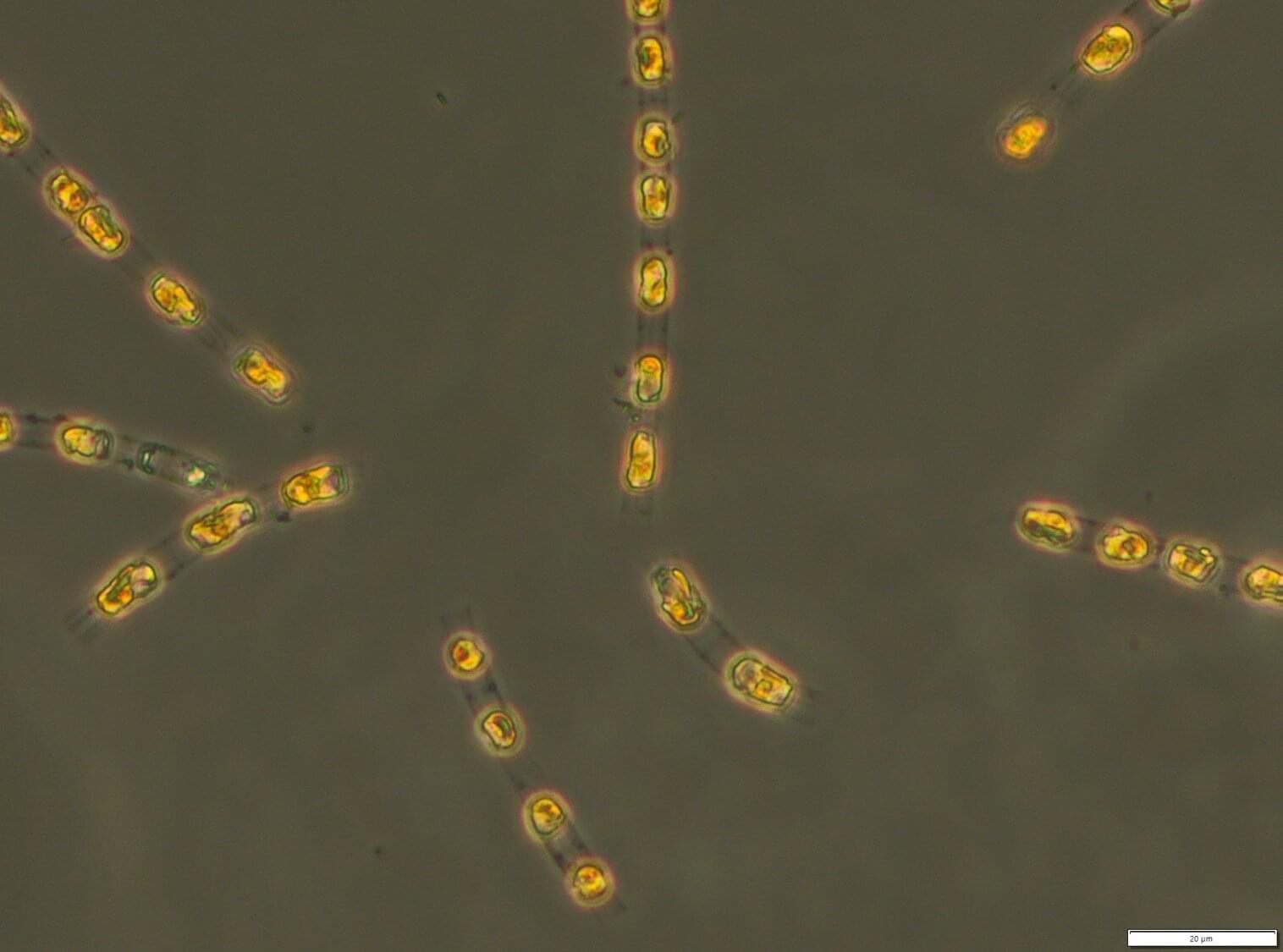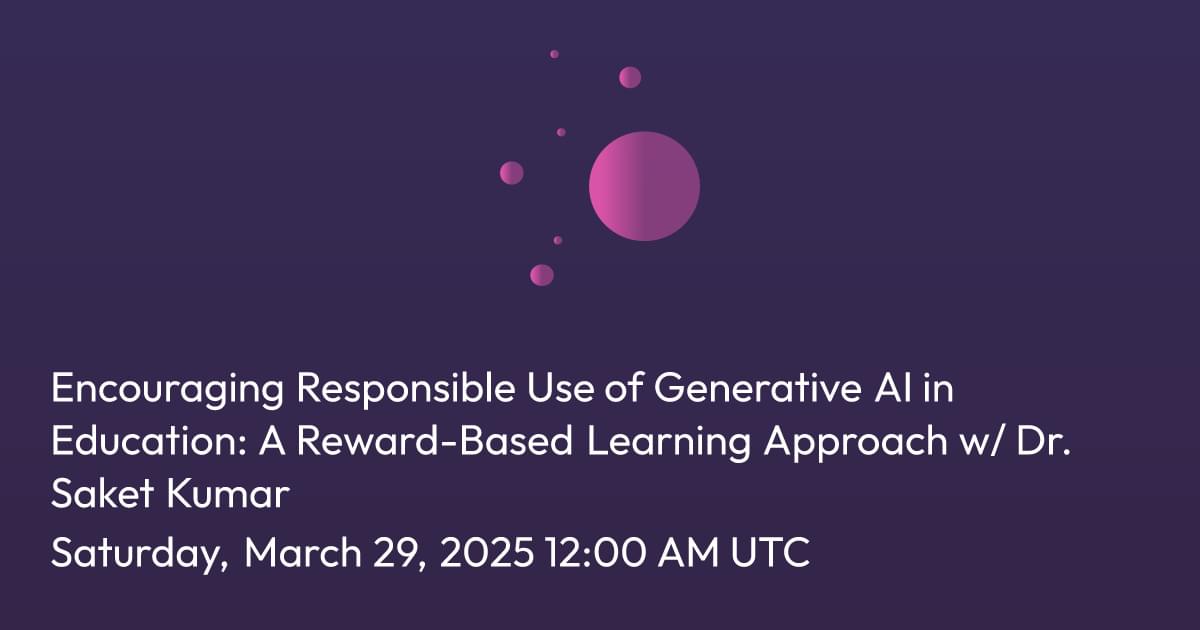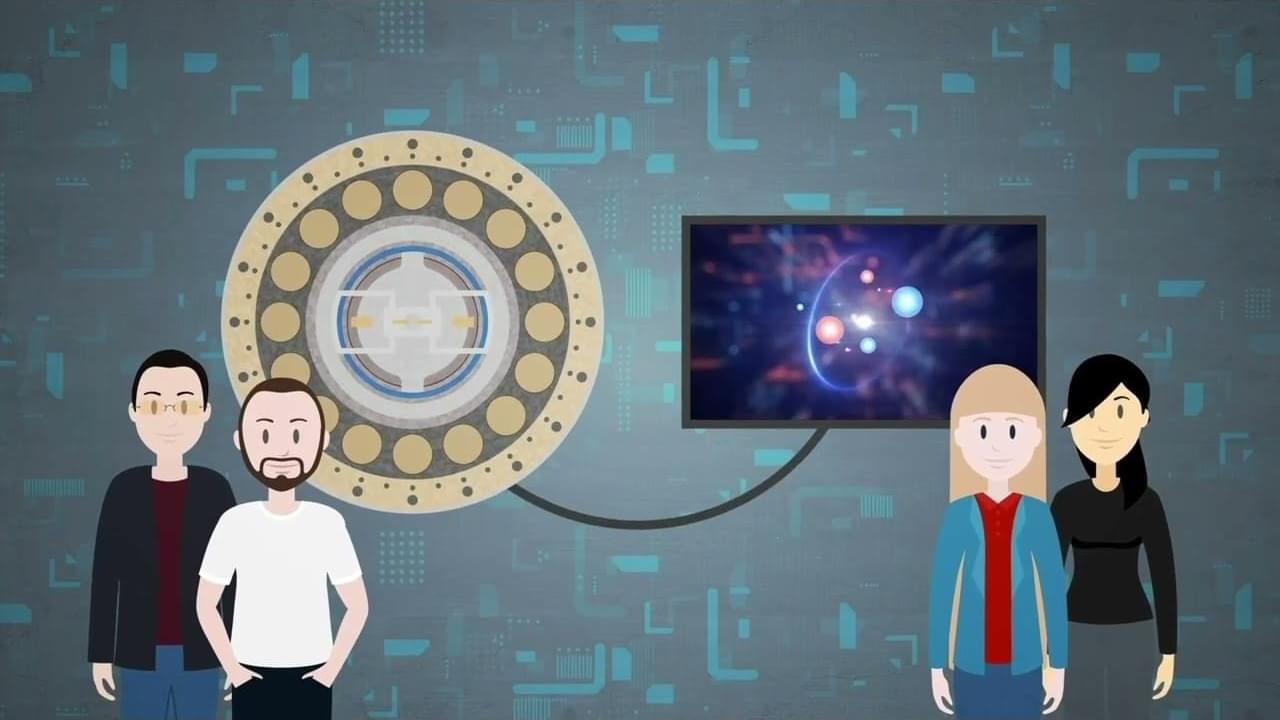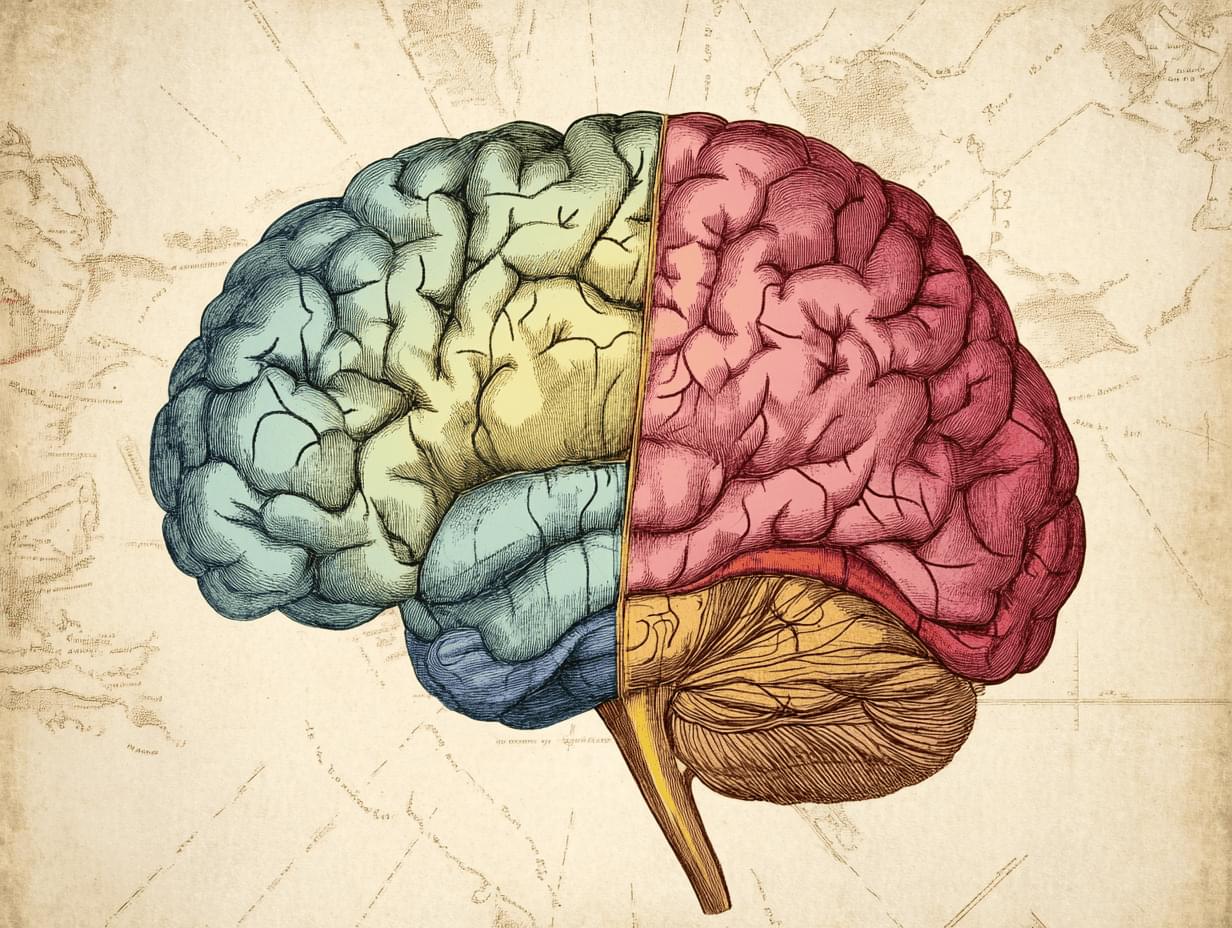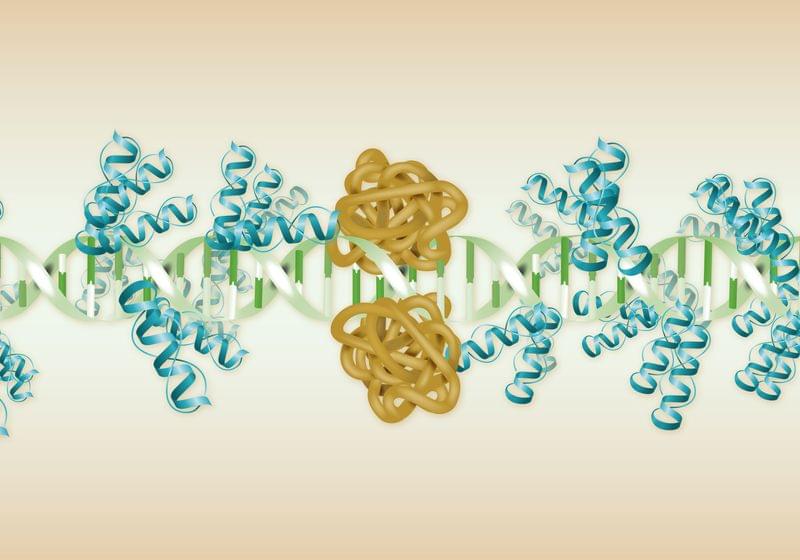The clearest and most precise images yet of the universe in its infancy—the earliest cosmic time accessible to humans—have been produced by an international team of astronomers.
Measuring light, known as the cosmic microwave background (CMB), that traveled for more than 13 billion years to reach a telescope high in the Chilean Andes, the new images reveal the universe when it was about 380,000 years old—the equivalent of hours-old baby pictures of a now middle-aged cosmos.
The research, by the Atacama Cosmology Telescope (ACT) collaboration, shows both the intensity and polarization of the earliest light after the Big Bang with unprecedented clarity, revealing the formation of ancient, consolidating clouds of hydrogen and helium that later developed into the first stars and galaxies.



